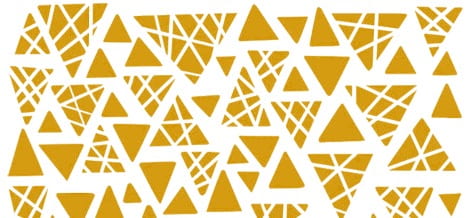CONTENTS:
-
Faculty Spotlight
-
Teaching Circles
Faculty Spotlight
The PDC wanted to spotlight some of our newer Writing Program faculty! We’re so glad to have you as part of the program!
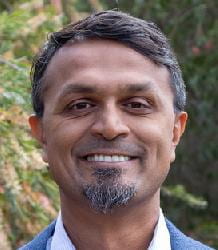
Dev Kumar Bose
When did you start teaching for the Writing Program?
Fall 2023
Have you taught at/do you teach for any other programs here at UCSC besides Writing? For any programs outside of UCSC?
Currently I’m only teaching here for the UCSC WP (as well as serving on many interesting projects, such as the writing minor) after working in writing program administration at University of Arizona for 9 years. I have also taught professional/technical writing and communication at Iowa State University and Clemson University, as well as dedicated time to teaching first-year writing at community colleges across the country.
What do you like to do outside of teaching?
Outside of teaching, I enjoy hiking, reading, and cooking. I’m also working on a couple writing projects on disability and writing, including a soon-to-be published book by the National Council of Teachers of English.
Any fun facts about yourself?
I am the proud owner of several instruments, including a 6-string bass, a 5-string bass, and a didgeridoo. I’m not as well practiced as I would like to be, however.
Do you have any human, fur, or plant babies? If so, tell us a little about them.
My son is currently in first grade and adjusting well to life in a new city. The beach certainly helps! While my dog recently passed away at the ripe age of 18, my partner and I recently began fostering a kitten. We don’t see any beach trips for her in the future, however!
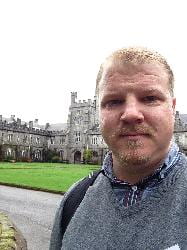
Daniel Joesten
When did you start teaching for the Writing Program?
Fall 2018 as a GSI, Fall 2023 as a Lecturer
Have you taught at/do you teach for any other programs here at UCSC besides Writing? For any programs outside of UCSC?
I have taught a world history summer course at UCSC in the past. Since Fall 2022 I have been teaching history at Monterey Peninsula College (World History, Western Civilizations, and U.S. History).
What do you like to do outside of teaching?
I enjoy listening to and creating music (piano, guitar, and bass). I also like to garden, though space is limited in my backyard. I recently resurrected a couple of sad looking crepe myrtle trees by adding some good old fashioned nutrients to the soil. I love playing video games when I have the time. The Legend of Zelda series is by far my favorite. I also like to jog on the wetland trails behind my house in Watsonville.
Any fun facts about yourself?
I have been to six world capitals (London, Dublin, Belfast, Paris, Ottawa, and San Jose, Costa Rica) but never Washington D.C. I don’t know how fun that is, but I sort of think it’s interesting. 🙂
Do you have any human, fur, or plant babies? If so, tell us a little about them.
Yes! I have a son, Henry (11 years old), who loves to collect plushies and make gingerbread cookies no matter what time of year it is. I have a daughter, Emma (8 years old) who loves to sing rock music and went to her first rock concert at the age of 6. I also have two cats. Allie is the oldest and spends half the day outside in the backyard catching mice. Luigi is still a kitten(ish) and is more like a dog than any cat I have ever met. I have too many plant babies to count, though my favorite is my Japanese maple.
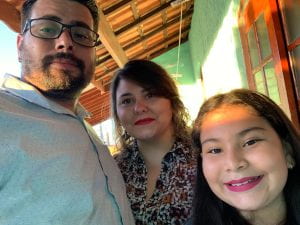
Alexandra M. McCourt
When did you start teaching for the Writing Program?
Fall 2023
Have you taught at/do you teach for any other programs here at UCSC besides Writing? For any programs outside of UCSC?
I have taught at North Carolina State University and Durham Technical Community College.
What do you like to do outside of teaching?
I like to make my own wine and watch Grey’s Anatomy (sometimes at the same time).
Any fun facts about yourself?
I can speak Portuguese, French, and Spanish.
Do you have any human, fur, or plant babies? If so, tell us a little about them.
I have a human baby ☺️. Her name is Eduarda, she is 11, and she LOVES candy and Billie Eilish. I have a dog named Dean Winchester and I have three avocado trees that are growing 🥰.
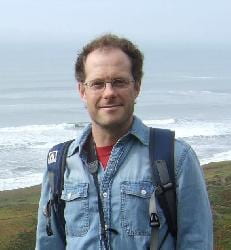
Don Miller
When did you start teaching for the Writing Program?
Fall 2023 (though I did teach WRIT 26 in Fall/Winter of 2016/7)
Have you taught at/do you teach for any other programs here at UCSC besides Writing? For any programs outside of UCSC?
I also teach courses in Languages and Applied Linguistics (primarily courses toward our TESOL certificate).
What do you like to do outside of teaching?
Hiking/backpacking, trail running, cycling, gardening, photography…
Any fun facts about yourself?
I’ve been tattooed in the traditional Samoan way–ink made from candle nut soot tapped into the skin with a boar’s tusk.
Do you have any human, fur, or plant babies? If so, tell us a little about them.
We’ve got two cats. 5-yr-old siblings named Huck and Meimei.
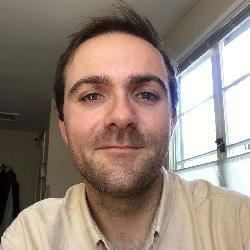
Daniel Pearce
When did you start teaching for the Writing Program?
Winter 2020 (eek!)
Have you taught at/do you teach for any other programs here at UCSC besides Writing? For any programs outside of UCSC?
Kresge, and before that I taught at Columbia and San Quentin State Prison.
What do you like to do outside of teaching?
Write and play music!
Any fun facts about yourself?
I play the drums 🙂
Do you have any human, fur, or plant babies? If so, tell us a little about them.
I have a dog Rudy, an adorable chihuahua–terrier–aussie mix—he often sits in my lap during Zooms and will pop his head up to say hi to my interlocutors.
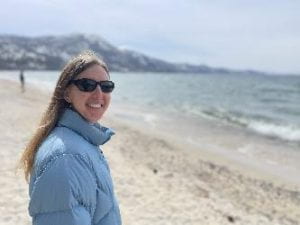
Kate Ross
When did you start teaching for the Writing Program?
Spring 2022 (lecturer); I taught Winter & Spring 2019, and Winter 2020 as a GSI.
Have you taught at/do you teach for any other programs here at UCSC besides Writing? For any programs outside of UCSC?
I also teach at Rachel Carson.
What do you like to do outside of teaching?
Hiking/backpacking, cooking, reading, cards.
Teaching Circles
This fall, the PDC once again facilitated the opportunity for Writing Program Faculty to join a teaching circle. In teaching circles, faculty with similar teaching schedules and modalities are paired so that they can informally talk about teaching–successes, problems, strategies, assignments…. Faculty are encouraged, but not required, to take the opportunity to visit one another’s classrooms (or Canvas sites) in a non-evaluative, low-stakes visit. Past participants have spoken of the positive impact of these connections.
We encourage you all to join a teaching circle in the Winter or Spring Quarter. It’s a low stakes, low commitment way to feel connected and get support in this challenging time of teaching.
Plus, teaching circles are something to add to your Biobib. We’ll send you a certificate when you’ve completed one.
Look for an email in the Winter to sign-up for a teaching circle!
 Last spring, the PDC organized our first annual Writing Program mini-conference, in which some of our WP faculty shared “recycled” or upcoming writing-related talks or presentations. This was a wonderful opportunity for our colleagues to share and learn from each other!
Last spring, the PDC organized our first annual Writing Program mini-conference, in which some of our WP faculty shared “recycled” or upcoming writing-related talks or presentations. This was a wonderful opportunity for our colleagues to share and learn from each other!




